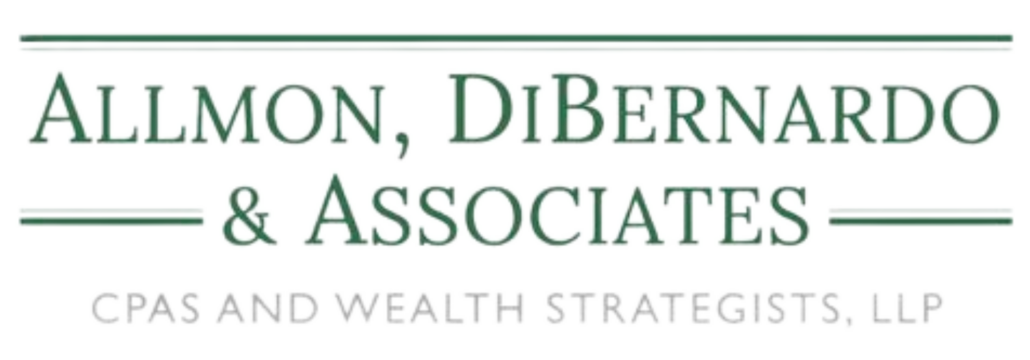Every strategic plan should include a forward-looking financial component. That’s where business forecasting comes into play. Forecasting involves using current and historical data to project future revenue, expenses, and cash flow.
This goes beyond running numbers. It’s insightful, proactive planning for multiple possible outcomes.
Effective forecasting helps business owners:
- Identify upcoming cash flow gaps
- Prepare for seasonal changes or market shifts
- Plan for major expenses or capital investments
- Understand how growth will impact tax liabilities
For example, if you plan to expand your team next year, your forecast will help you estimate how payroll will affect profitability and tax exposure. If you’re considering a large equipment purchase, a forecast can show whether financing or a tax-deferred option is better.
The more accurate your forecasts, the better your strategy will be. And with the proper financial guidance, you can make sure your projections support your goals, not just reflect them.












